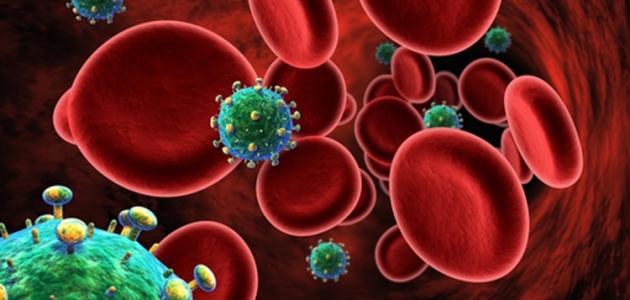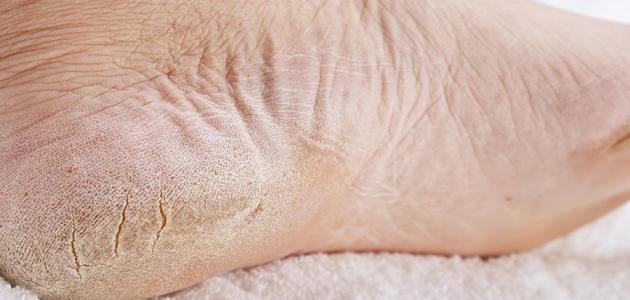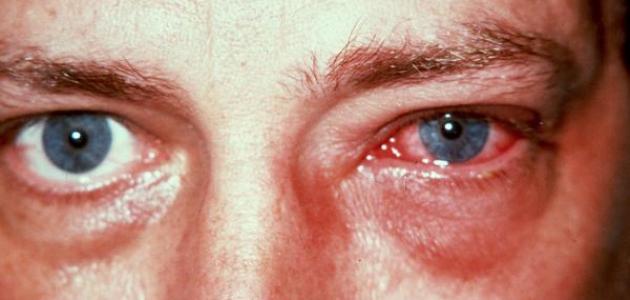Contents
The disease of doubt
Doubt disease is a personality disorder adulteresses, a type of abnormal personality disorder or stranger, means the disposal of the person 's behavior strange or unusual for others . People who suffer from this disease complain about others dramatically, and do not trust the other motives, and they think they want to harm them They carry grudges, find indirect words by talking to them, and distort them as a threat even in the simplest events and comments, and they are quick to anger and feel hostility towards others. [1]
Symptoms of the disease
There are some symptoms that people with paranoia suffer from: [2]
- Constant caution, and their belief that others are trying to harm and threaten them, and this matter is unfounded.
- Lack of trust in others, and not disclosing their personal information to others because they are afraid it will be used against them.
- Constant suspicion of the loyalty and trust of others for no specific reason, believing that others are deceiving and taking advantage of them.
- Hatred and unforgiveness.
- Sensitivity and intolerance to criticism.
- An understanding of hidden meanings in innocent and ordinary statements, or the ordinary looks of others in their own way.
- Difficulty relaxing.
- Not to interfere in solving problems or conflicts, because they believe that they are always right.
- The tendency to develop negative stereotypes about others, especially in various cultural groups.
- Stubborn, aggressive and arrogant people.
Disease complications
There are some complications associated with this disease, which can interfere with the thinking and behaviors associated with it with a person's ability to maintain relationships, their inability to engage in society and work environments, participate in legal battles, or prosecute people or companies who believe they want to eliminate them. . [3]
disease treatment
People who suffer from this disease do not seek treatment on their own most of the time, because they do not see that they are suffering from a problem, and when they seek treatment, it is psychotherapy that is recommended for these people, and treatment is likely to focus on increasing general coping skills, And improving social interaction, communication, and self-esteem, [3] and because confidence is an important factor in psychotherapy, treatment is a difficult process because people who suffer from this disease have a lack of confidence in others, and as a result many of them do not follow their treatment plan, and are not considered medication A major focus of treatment, however, may be prescribed certain medications, such as: anxiolytics, antidepressants, or anti-psychotic drugs, if the person's symptoms are extreme, or if these people have a psychological problem associated with the disease, such as anxiety or depression. [3]
References
- ↑ Janelle Martel, “www.healthline.com” , www.healthline.com , Retrieved 11-25-2017. Edited.
- ↑ "Paranoid Personality Disorder" , www.my.clevelandclinic.org , Retrieved 25-11-2017. Edited.
- ^ A b v Smitha Bhandari (18-5-2016), "Paranoid Personality Disorder" , the www.webmd.com , Retrieved 25-11-2017. Edited.
















